Welcome to the first in our series of guest posts sharing all about the world of home school. Something that many more parents are starting to do, for reasons that work for them and their families.
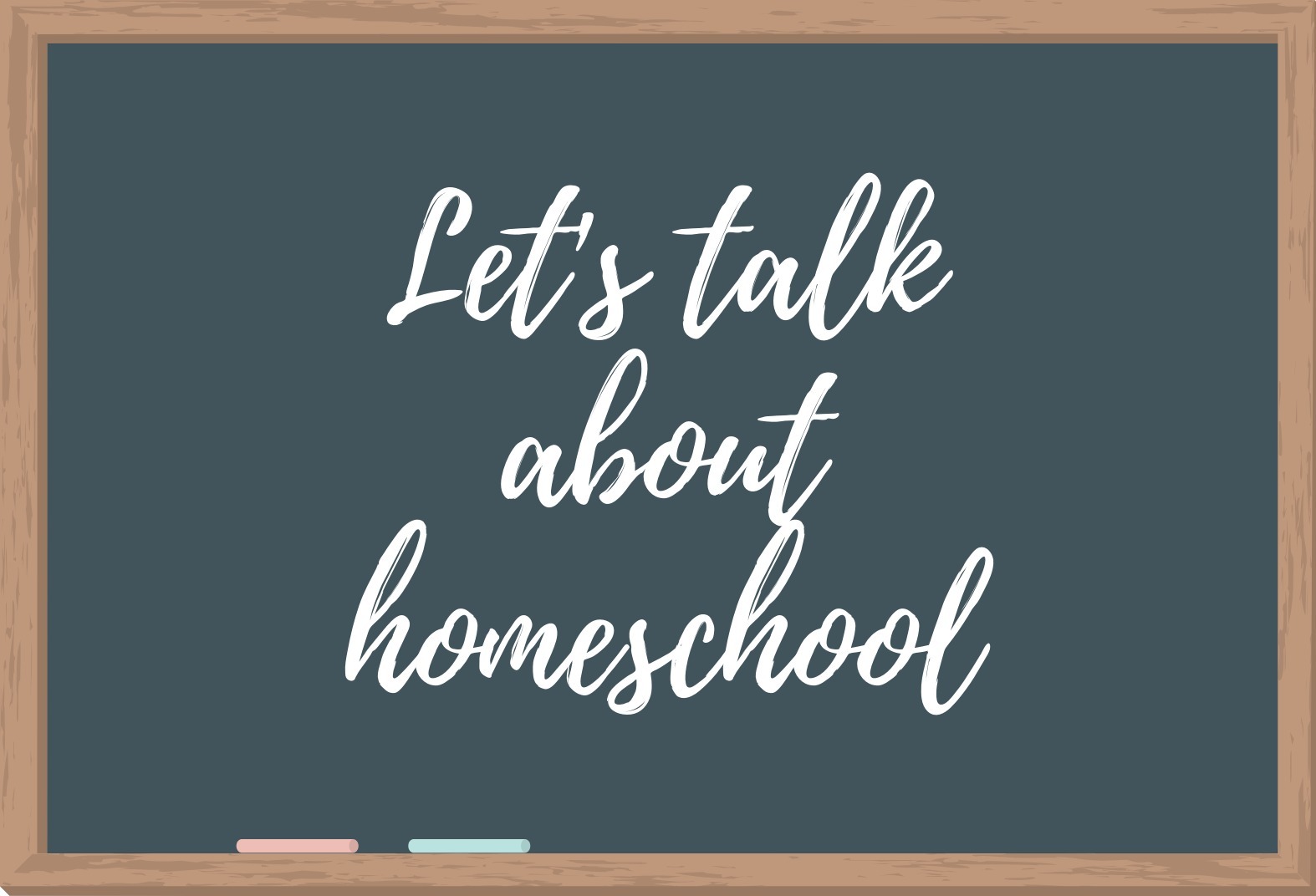
Today we have Shelley from OFamily Learning Together sharing her home school journey. She’s a blogger I know ‘in real life’ and her children are delightful and she has been a great source of inspiration and support to us with advice on parenting and school and sensory processing issues. She has a lovely blog that’s a mix of resources and what they do as a family as well as ideas and planning. You can find her blog here and she is also over on Facebook here
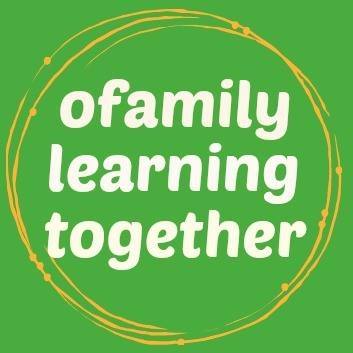
We never planned to home educate but we are now a home educating family of two kids currently aged 10 (almost 11 – very important fact) and 8 and both kids have never attended school, which makes this our seventh year of home education.
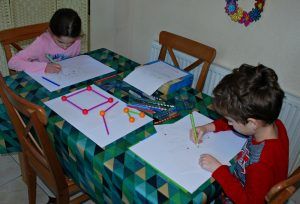
Both kids have sensory processing disorder and after working with a number of Occupational Therapists we decided that a classroom would not be the best environment for them to thrive. Initially I thought we would home educate for a few years and once the kids were better at dealing with sensory input we would slot them into school. But after just a year I saw the advantages to home education and now both my kids are adamant that they want to continue with home education up to their GCSEs.
I consider our style of home education semi-structured so I don’t buy a boxed curriculum which sets out on day 3 we need to cover pages x to y but we do use workbooks and worksheets from educational websites. We do set Maths and English activities which we do daily but wherever possible I include the Maths and English into “interest-driven” activities. An example is my son is fascinated by Sharks and Snakes and reads a lot of books about them. Recently he wanted to create a large visual record of the different sizes so while he was measuring out their lengths on a roll of paper we discussed cm, mm and m and how you convert between them. And as he measured he would denote the length in one unit (i.e. cm) and then tell me what it would be in mm or m.
He is also not someone who likes to write stories but we encouraged him to create fact books about the animals that he likes. He has now filled up multiple exercise books with facts about the different sharks and snakes and he has even created fictional hybrids and written detailed descriptions about each of them. So he is working on a topic that he finds fascinating but he is still writing a lot, practicing spelling, grammar, punctuation but doing it as part of an animal topic.
This is one of the biggest advantages about home education because it is 1 to 1 or sometimes 1 to 2 (my kids often work together on projects) we are able to really tailor the learning. And by doing this I have found the kids actually end up doing more that I plan. My kids will regularly sit and create their own projects and work on them in their own time without anyone prompting them – for my son that is currently creating hybrid animals and then describing them and for my daughter that is creating timelines, family trees depicting periods in History and she had now created her own version which she is using to write stories on.
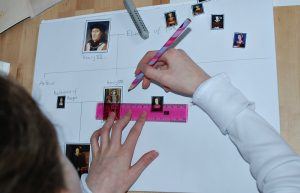
As a home educating family you do not need to stick to a set timetable, set school hours or school term. This means we can go out to the museums and make the most of the attractions close by during school terms when they are not as busy. My husband speaks a second language but he works during the day so for us that means the kids practice their second language with their dad in the evenings and weekends. Last year he did a detailed Space project with both kids which was all done over the weekends. The kids learn an amazing amount from their dad outside of the traditional school hours. Home education for us does not fit into set hours it becomes a continuous learning lifestyle.
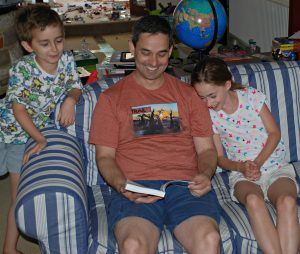
For me home education is going to be unique to every family, what works for my family might not be the right fit for another because we have different personalities and different strengths. We do Maths in a very hands-on, visual manner because that is suits my daughter but another child that might not like that. We like going to museums, outing and workshops because my kids like the visual nature of it and retain a lot of information that way but that is what suits them.
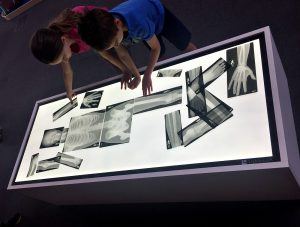
My one piece of advice if you are new to home education or if someone in your family is talking about it – don’t try and recreate school at home embrace the fact that it is now 1 to 1 or 1 to 2 (whatever your number of kids are) and alter their educational journey to one which suits your family and sparks those moments of wonder which creates kids who are excited about learning.
Oh and try not to worry about an untidy house.